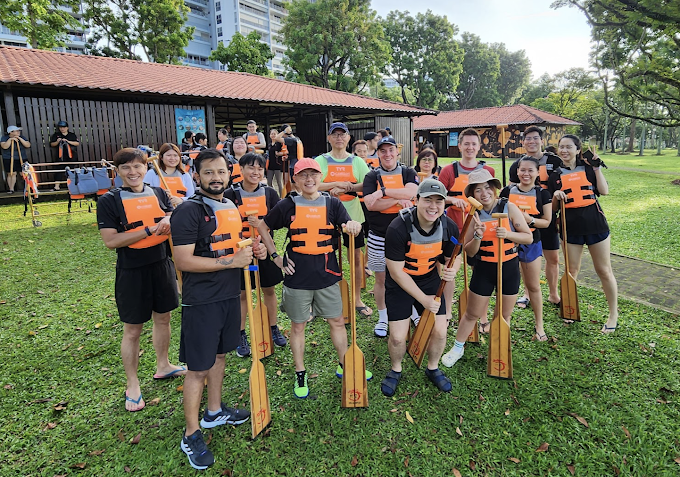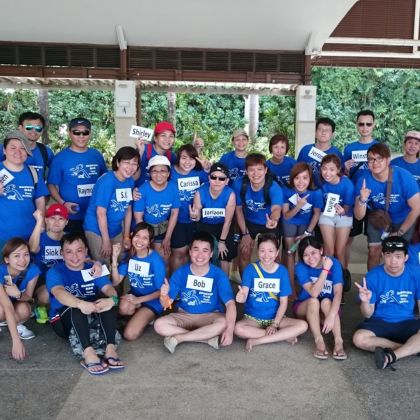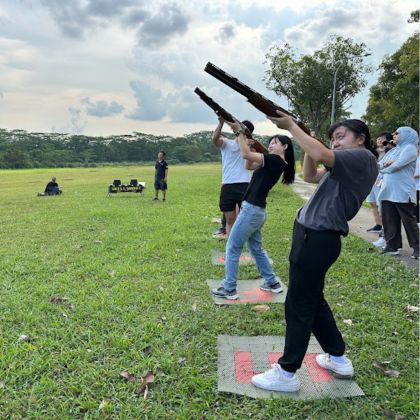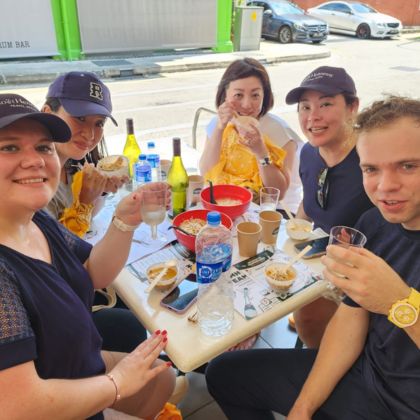
Outdoor team challenges are pivotal in enhancing leadership skills within various organizations. They foster collaboration, communication, and problem-solving among team members, making them a valuable investment for corporate teams seeking effective growth strategies. This article explores how outdoor challenges can significantly influence leadership development, backed by examples and proven methodologies.
Foundations of Effective Outdoor Team Challenges for Leadership Growth

Effective outdoor team challenges are grounded in principles that emphasize teamwork, strategic thinking, and personal accountability. These challenges create a controlled environment through outdoor team building activities where individuals can experiment with leadership roles, take calculated risks, and receive feedback on their dynamics. When designed purposefully, such challenges help teams navigate uncertainties while fostering trust and cooperation.
Strategic Planning for Outdoor Team Challenges

Strategic planning is essential for maximizing the benefits of outdoor team challenges. It involves defining clear objectives, understanding the team’s dynamics, and selecting activities that align with organizational goals. For instance, integrating challenges like obstacle courses encourages teamwork and resilience, while activities such as scavenger hunts can enhance problem-solving skills.
Core Elements of Outdoor Team Challenges for Leadership
The core elements of successful outdoor team challenges include defined objectives, well-structured activities, and debriefing sessions. Each component ensures teams reflect on their experiences and extract valuable lessons about leadership and collaboration. For example, high-ropes courses facilitate trust-building while also putting individuals in challenging scenarios that compel them to exercise their leadership skills.
Implementing Outdoor Challenges to Cultivate Leadership

Implementing outdoor challenges effectively requires an understanding of participant needs and desired outcomes. Leaders should tailor activities by assessing the various skill sets and dynamics of the team. Incorporating activities like team-building activities with ropes, cooking outdoors, or even problem-solving challenges can stimulate a culture of innovation and resilience in teams.
Assessing the Effectiveness of Outdoor Leadership Challenges
To assess the effectiveness of outdoor leadership challenges, organizations should employ evaluation tools that measure the impact on team dynamics, communication, and individual growth. Surveys and feedback sessions can provide insights into the team’s perceptions, while observable changes in behavior during workflows can serve as evidence of development. Organizations must ensure these assessments align with broader performance indicators.
Success Stories and Practical Applications
Success stories of organizations that have effectively utilized outdoor team challenges highlight their potential. For example, companies that engaged employees in outdoor leadership training reported improved collaboration and higher job satisfaction rates. These challenges not only enhance individual leadership skills but also significantly contribute to enhancing organizational culture and employee engagement.
How do outdoor challenges promote team leadership?
Outdoor challenges develop trust and enhance communication, nurturing essential leadership qualities.
What activities are effective for fostering leadership in outdoor settings?
Activities like obstacle courses, team-building games, and
promote leadership growth.
Why are debriefings important after outdoor team challenges?
Debriefings help teams reflect on experiences, reinforcing learning outcomes and leadership insights.
Can outdoor team challenges be tailored for remote teams?
Yes, outdoor challenges can include virtual components or hybrid formats to engage remote teams.
What role does strategic planning play in outdoor team challenges?
Strategic planning ensures that the activities meet organizational goals and promote desired leadership outcomes.
